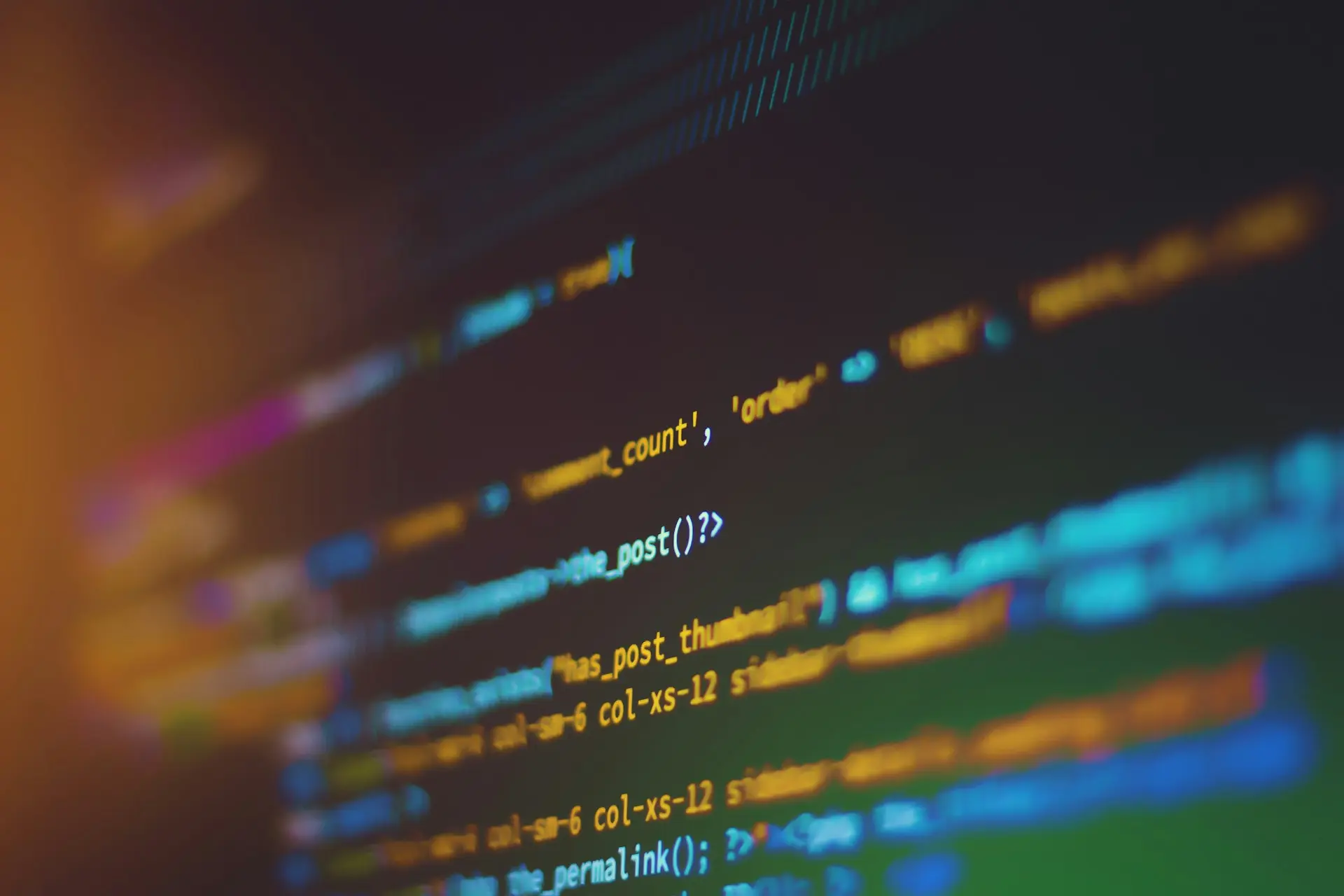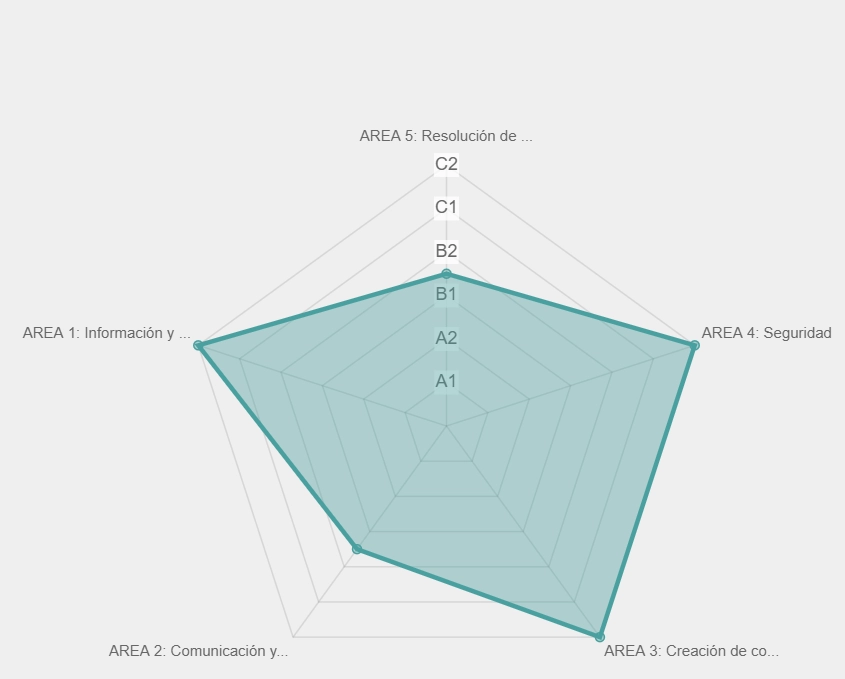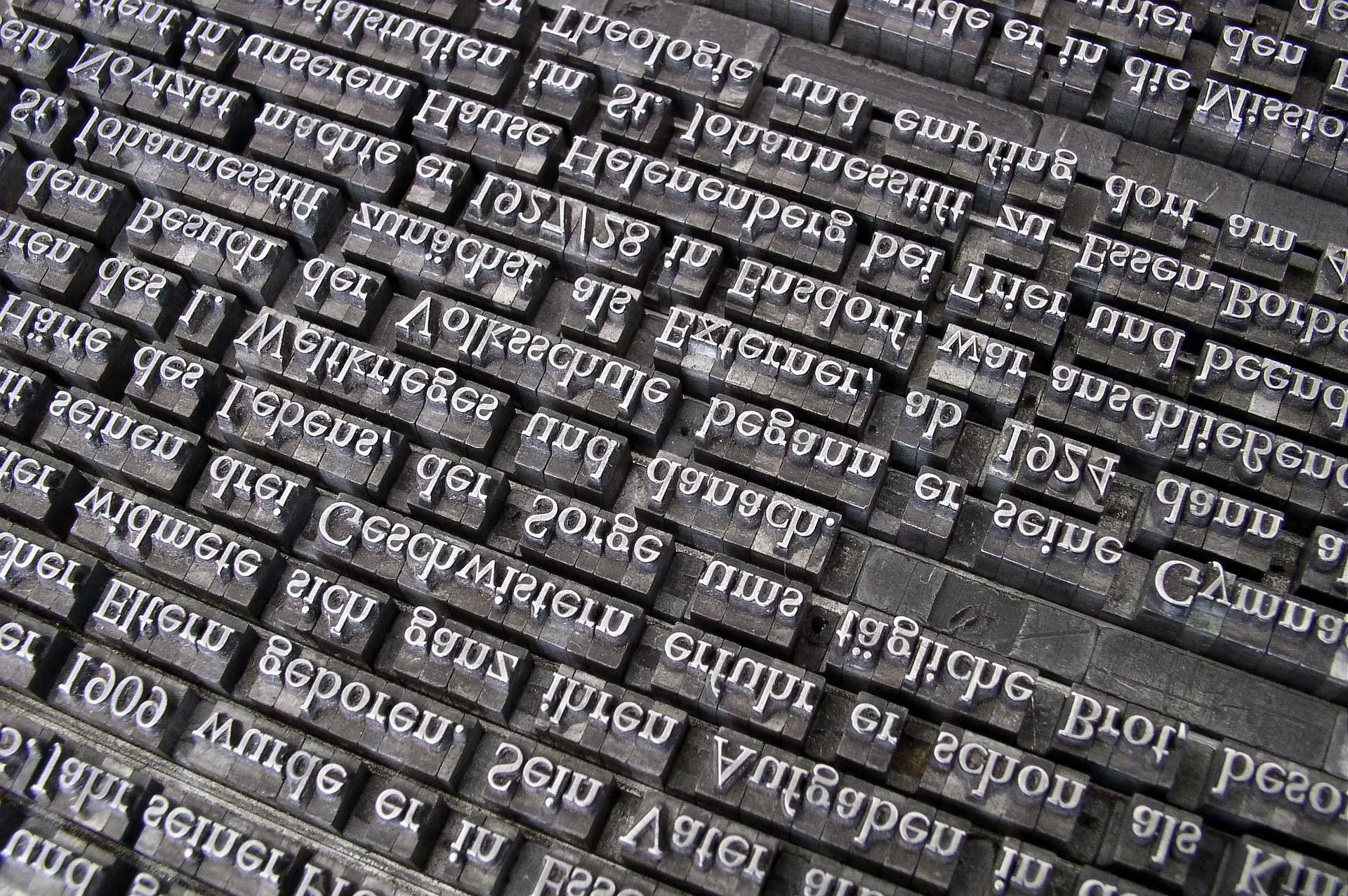Algorithms and other technologies associated with them, such as blockchain and machine learning, are bringing countless advantages to people’s daily lives. During the Jot Down Ciencia roundtable, where our CEO Juan Prieto participated, the discussion focused on the importance of algorithms, their possibilities, and also their risks in the present and near future.
On September 21 and 22, Jot Down organized an event to remind us that “science is culture.” Jot Down Ciencia was held at the Auditorium of CICUS, the Cultural Initiatives Center of the University of Seville.
Jot Down Ciencia covered various scientific topics from different perspectives, including an entertaining talk about the purely physical and chemical implications of love and an interesting discussion on how genetics determines aspects such as a person’s gender or athletic performance.
Among other presentations, our CEO Juan Prieto participated in a roundtable discussion on the importance of algorithms in modern life. Joining him were Carlos A. García Vallejo, a professor at the Higher Technical School of Computer Engineering, and Marta Peirano, a journalist and writer. The roundtable was moderated by Alberto Márquez, a professor of mathematics.
Why Are Algorithms So Important?
In response to the moderator’s opening question, Juan explained that the investment required to create companies specializing in technologies like cloud computing has dramatically decreased. Over the last five years, this shift has occurred thanks to major corporations like Facebook and Google sharing (not for free) their algorithms and resources.
For example, a young Norwegian developed a facial recognition program for a local pizzeria to determine whether customers were satisfied with the service. He achieved this using a Raspberry Pi, a $25 computer. This illustrates the paradigm shift that has taken place in recent years.
Of course, major companies like Google do not share this data altruistically. Instead, they continuously feed on the data generated by users, constantly refining and making these algorithms more complex.
Blockchain Chains and a Paradigm Shift
Continuing with paradigm shifts, Juan emphasized the significant role blockchain will play in the near future, potentially even forcing Google to change its business model. Blockchain seeks to return to the essence of the early internet, where peers (sender and receiver) were equals, with no intermediaries.
With the web, the internet became more centralized, introducing intermediaries and players like Google, which certify who you claim to be, index content, and aggregate it, forcing users to go through them.
What is blockchain? It is a distributed and robust database conceptually similar to P2P (peer-to-peer) programs used to exchange information directly between users.
All transactions are recorded, but not in a single location; rather, they are distributed. This means every node holds a copy of the record, so altering or manipulating one requires modifying all copies simultaneously.
Blockchain technology will help eliminate intermediaries and restore the freedom we have lost over time. It is based on trust and proof-of-work, ensuring that “bad actors” are excluded. Ultimately, the web continues to evolve organically.
The blockchain algorithm, originally created for bitcoin, is particularly fascinating because it requires solving computational problems so complex that they demand enormous resources. Currently, bitcoin operations consume roughly the same amount of energy as a country the size of Ireland, a concept known as proof-of-work.
Marta reflected on the conceptualization of terms commonly used today. For instance, the cloud is often described as something ethereal and omnipresent, but in reality, it consists of massive, refrigerated, and highly secured server farms.
These same servers feed on the data (Big Data) generated by users, which is why it is often referred to as the oil of the 21st century. Paradoxically, the same companies that perpetuate this mantra are the ones purchasing large tracts of land, minerals, water, and physical elements, far removed from the intangibility of data.
Carlos addressed one of the most popular questions regarding artificial intelligence: will machines ever surpass humans? He was clear: algorithms have already surpassed human intelligence, particularly in critical fields such as medicine.
While algorithms are incredibly intelligent in very specific areas, often outperforming humans, this does not mean they will develop their own intelligence or reach the heights depicted in popular science fiction.
The Introduction of Machine Learning and Deep Learning
To conclude the roundtable, the three panelists discussed the growing importance of machine learning and deep learning today. Thanks to these technologies, machines can learn autonomously when taught what is correct and what is not.
Marta shared a story about a machine that had been trained to translate from English to French and from French to Japanese. The machine then learned to translate directly from English to Japanese, suggesting that there may be common elements between the two grammars that humans have not been able to deduce, but the machine has.
At the end of the session, the conclusion reached was that algorithms have become highly significant in daily life in the 21st century. Despite natural concerns about corporate and governmental control over these technologies and user data, algorithms are driving countless applications and services that greatly benefit users.





